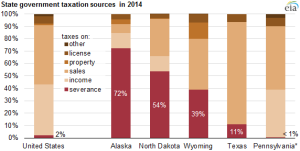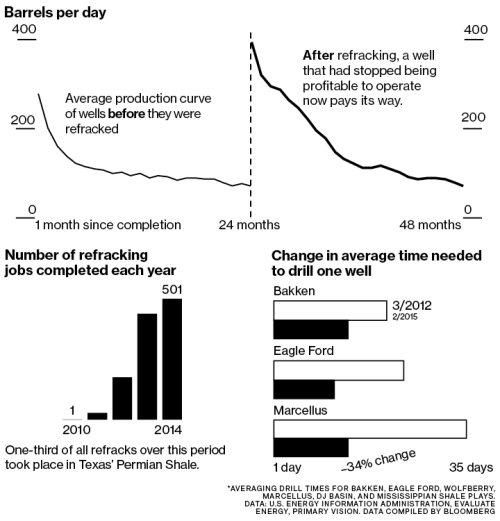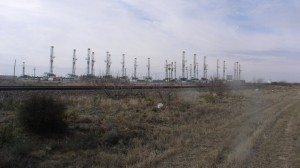Articles Posted in Uncategorized
The Power to Regulate Pollution
During my vacation I read The Quartet: Orchestrating the Second American Revolution, 1783-1789, by Joseph J. Ellis. Ellis tells the story of the writing and passage of the US Constitution, orchestrated, he asserts, by George Washington, Alexander Hamilton, John Jay and James Madison (the quartet).
Before the adoption of the Constitution, the thirteen states were essentially independent countries who had won their independence but failed to found a new country. The “United States” were always referred to in the plural. The genius of the quartet, says Ellis, was the compromise they crafted in the Constitution in the debate over federal vs. state power. States were understandably reluctant to relinquish their sovereignty, but the quartet knew that the new nation, to survive, had to have federal power – to levy taxes, provide for common defense, and regulate commerce among the states. The Constitution enumerates the powers of the federal government. The Bill of Rights – the first ten amendments to the Constitution, passed simultaneously — enumerates the rights retained by the states and the people, limitations on federal power. The tenth amendment provides: “The powers not delegated to the United States by the Constitution, nor prohibited by it to the States, are reserved to the States respectively, or to the people.” The contours of this compromise are still being debated in courts across the land. “States rights” were fighting words in the civil war, and today are the battle cry of states seeking to curb the federal government’s regulation of health care, water quality, voting rights, and abortion.
States’ Reliance on Severance Tax and Oil Price Decline
Last week, the US Energy Information Administration provided a summary of states’ severance tax revenue (click on image below to enlarge):

With the precipitous decline in oil prices, Alaska, North Dakota and Wyoming will be hurting.
According to EIA, Texas
1,500 Uncompleted Wells in Eagle Ford Shale?
FuelFix reports that companies have drilled but not completed wells, in effect storing the reserves in the ground until oil prices rise and completion costs decline. FuelFix says that IHS Energy counts 3,000 uncompleted wells in the US, including 1,500 uncompleted wells in the Eagle Ford alone. It says that Apache, Anadarko and Cabot have 845 uncompleted wells in Texas, with a potential to produce 373,000 barrels of oil and 528 million cubic feet of gas a day.
House Bill 1552 and Allocation Wells
Yesterday the Energy Resources Committee of the Texas House of Representatives heard testimony on HB 1552, introduced by one of its members, Rep. Tom Craddick. The bill deals with “allocation wells,” of which I have written before. An allocation well is a horizontal well that crosses over two or more tracts without combining those tracts into a pooled unit or obtaining agreement from the royalty owners in the tracts on how production from the well will be allocated among the tracts.
Although the Texas Railroad Commission issues permits for allocation wells, there has been a lot of speculation about whether leases grant the authority to drill such wells. At the hearing, representatives of operators spoke in favor of the bill, and mineral owners spoke in opposition. I spoke in opposition on behalf of Texas Land and Mineral Owners Association.
A substitute for the original filed bill was introduced at the hearing. HB 1552 substitute
Second Annual GDHM Seminar May 8
Our firm will host a seminar in Austin for land and mineral owners on May 8. Open to the public, but you have to register. You can register here.
Major Banks’ Oil Price Predictions
A Picture Says a Thousand Words
Great New Website from Energy Information Administration Explains Energy in Layman’s Terms
The U.S. Energy Information Administration has launched a new website that contains wonderful information about energy described in terms laypersons can understand. It can be found at http://tonto/eia.doe.gov/energyexplained/ . Here are some examples of information you can find there:
— A British Thermal Unit (Btu) is the quantity of heat required to raise the temperature of one pount of liquid water by 1 degree Farenheit at the temperature that water has its greatest density (approximately 39 degrees F.).
— One Btu is about the amount of energy burned by a common kitchen match. One million Btu equals about 8 gallons of gasoline. One billion Btu eqals all the electricity that 300 households consume in one month.
Gas Measurement 101
A barrel of oil is a barrel of oil, but how much is an mcf of gas? Herein some basic facts about natural gas composition and measurement.
The first thing to remember: natural gas is measured by volume (cubic feet) but is sold based on its heating content (Btus).
 Oil and Gas Lawyer Blog
Oil and Gas Lawyer Blog





